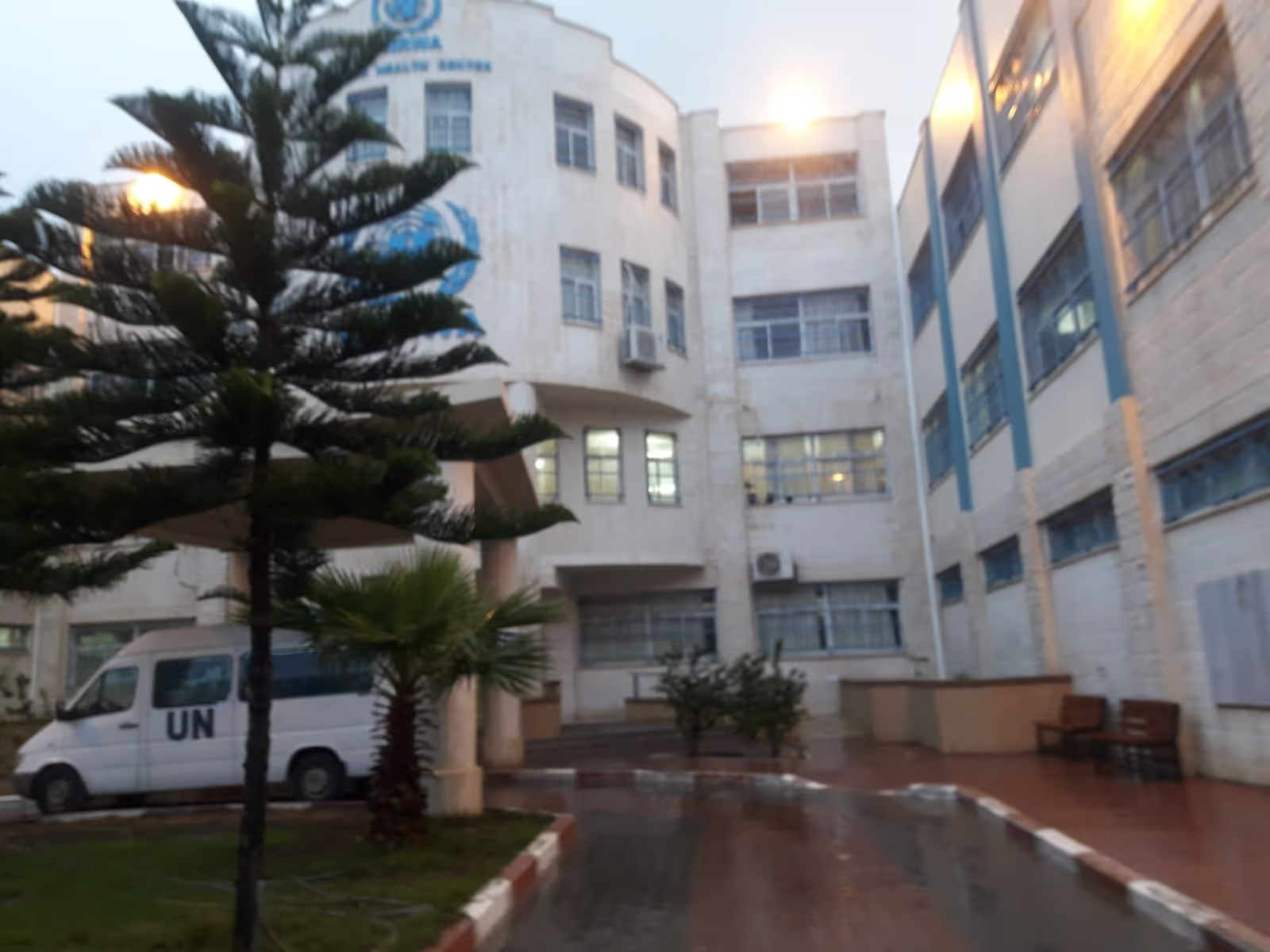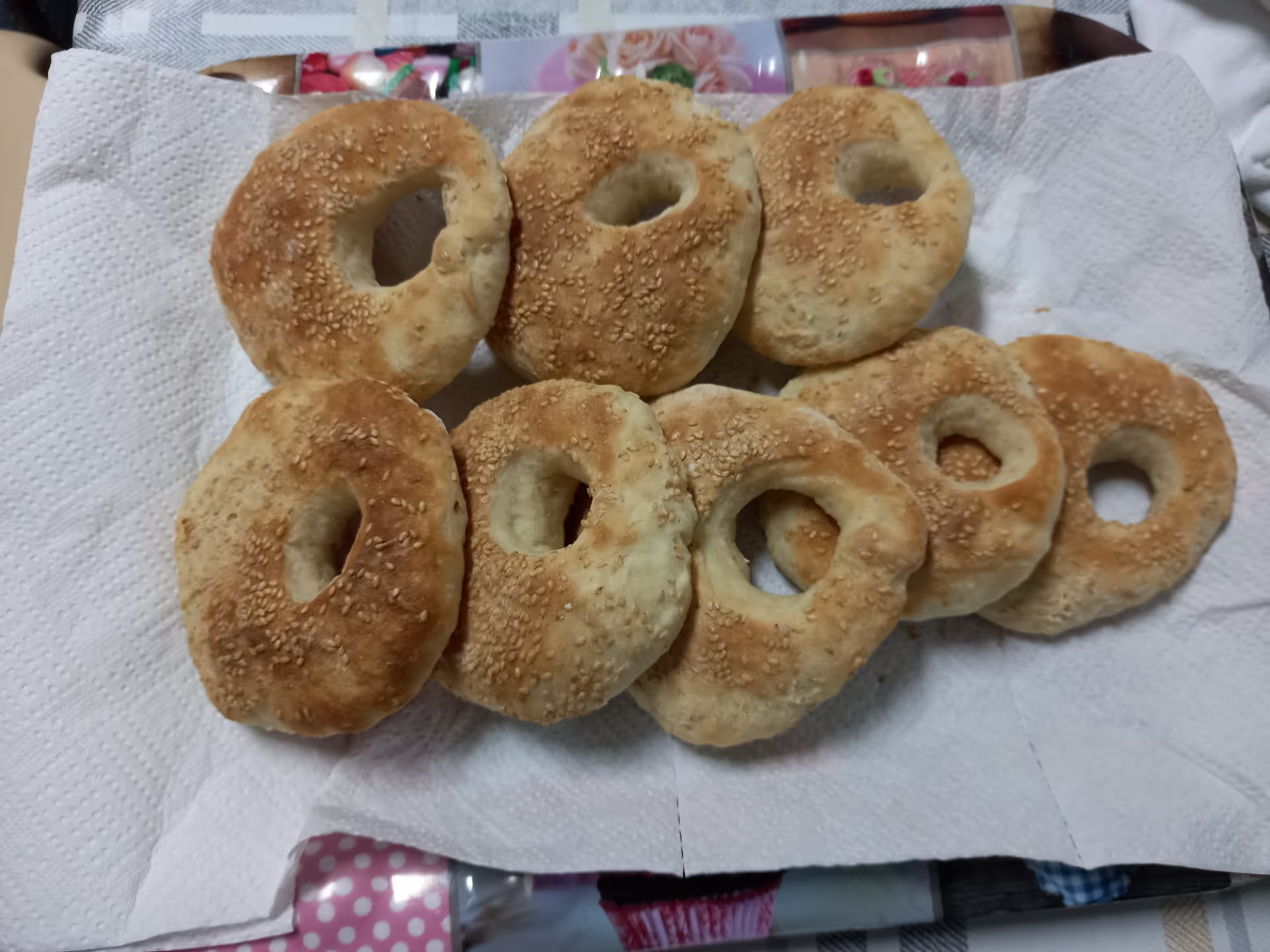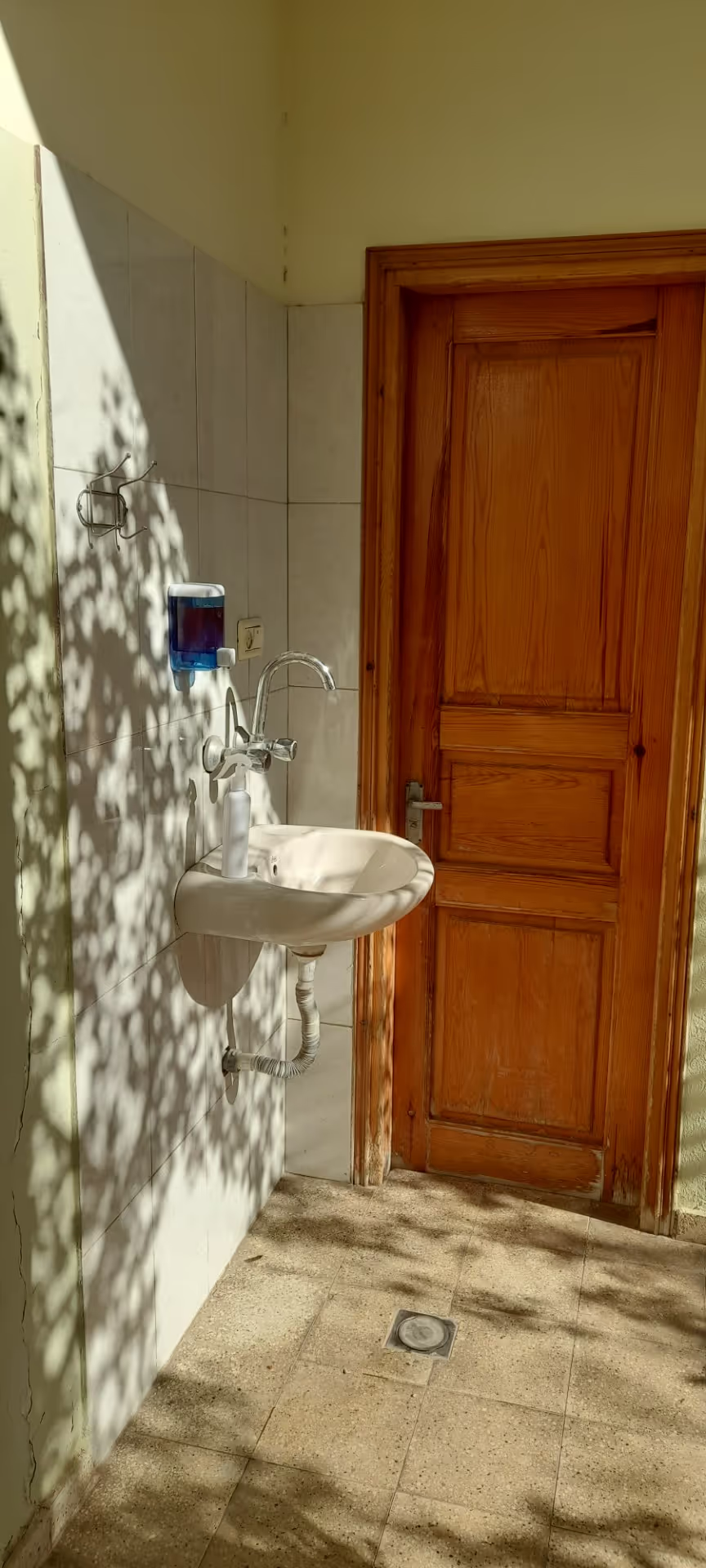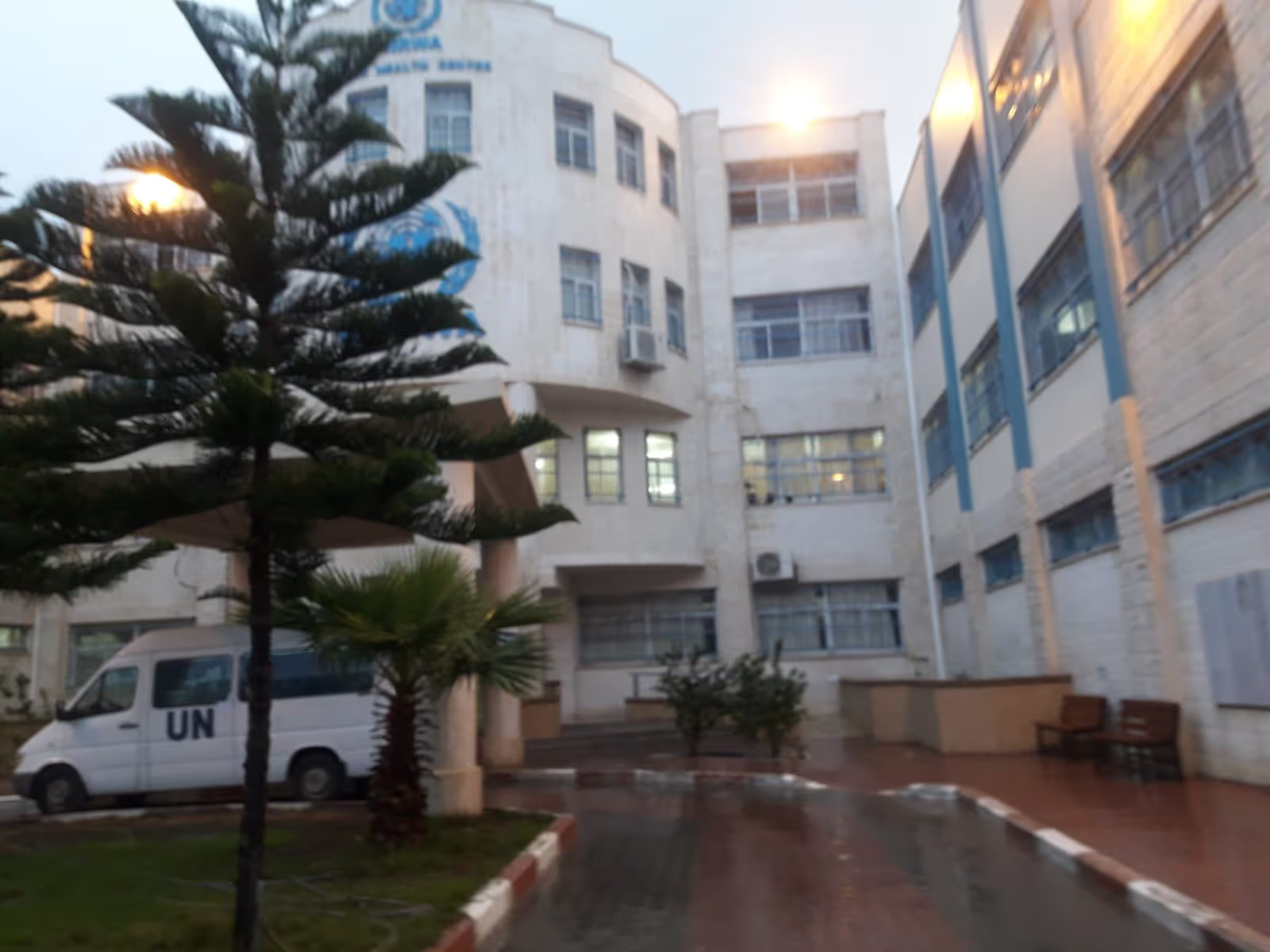Covid-19: A pandemic that is pushing Palestinians further into despair
03
November
2021
Type
Grantee insights
Area of funding
Humanitarian Research
Focus areas
No items found.
Year


Written by Zeina Jamal, PhD Candidate and Research Assistant at Queen Margaret University, UK
Researchers from Queen Margaret University (QMU), in collaboration with the United Nations for Relief and Works Agency of Palestine Refugees in the Near East (UNRWA), recently conducted an R2HC-funded study in Gaza and Lebanon. The study looked into the preparedness and response of UNRWA to the Covid-19 pandemic and captures feedback from UNRWA staff along with the communities that UNRWA serves.
Almost all Palestinian refugees in Lebanon are living in severe hardship due to the multilayered crisis that the country is currently going through. Presently in Lebanon, the economy is suffering a total collapse as the local currency has plummeted by almost 80%. The lockdown measures implemented since 2020, in tandem with the disastrous explosion that took place in Beirut on August 4, 2020, have greatly worsened the livelihoods of the most vulnerable segments of Lebanese society. It is worth mentioning that the results of the latest vulnerability assessment that took place in 2015 showed that 65% of Palestinians residing in Lebanon lived below the poverty line and 56% of the community were unemployed. Having said that, researchers expected that the situation has only worsened for Palestinians in Lebanon since the 2015 survey. Therefore, it was not surprising to hear that Palestinians in Lebanon are finding it hard to cope with the economic effects of the pandemic.
This is not to say that the circumstances in Gaza are any less difficult. Palestinians in Gaza have been living in a context of occupation, enforced blockade that deprives its inhabitants from basic commodities, such as fuel, food and medicine. The COVID-19 pandemic has therefore added another layer of stress and exerted a negative impact on everyone living in the Strip. Women, girls and workers in the informal sector were the most affected. Increased levels of violence, due to home confinement, and worries, for not being able to meet basic needs, was reported among these segments of the population more than others.
Our research study helped gain a better understanding of what the Palestinian community is facing during the COVID-19 pandemic. As a team, we hope that our insights can help both UNRWA and other agencies alike provide more support to their beneficiaries.
No items found.
Stay updated
Sign up for our newsletter to receive regular updates on resources, news, and insights like this. Don’t miss out on important information that can help you stay informed and engaged.
Related articles
all latest news

News
Elrha at HNPW 2026: Exploring what’s next for the humanitarian system

News
2025 in review: challenges, achievements and what comes next
.png)
Elrha insights
10 insights from new humanitarian research studies in 2025
Explore Elrha
Learn more about our mission, the organisations we support, and the resources we provide to drive research and innovation in humanitarian response.


